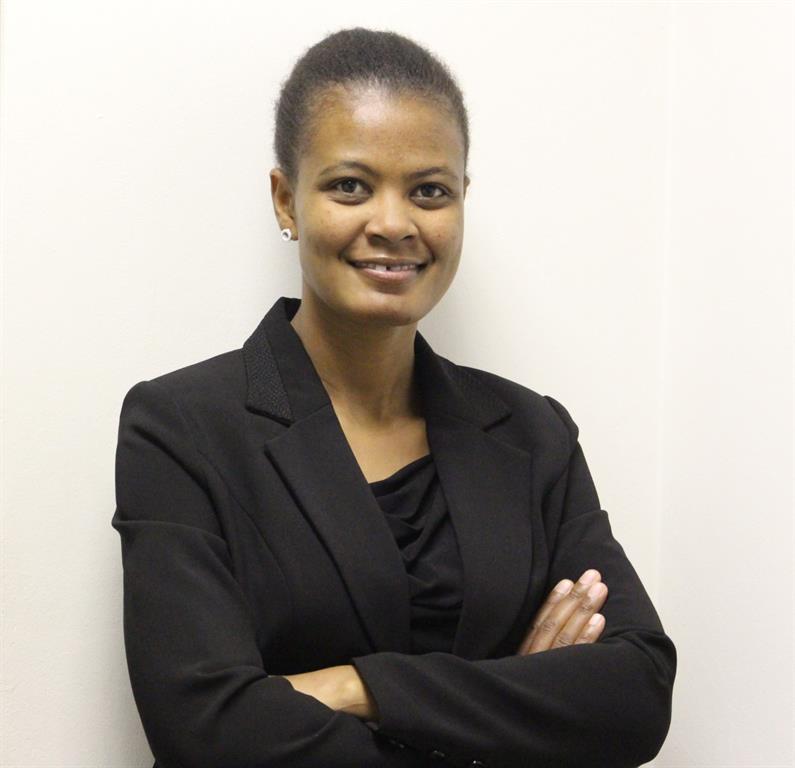The life of a payroll administrator
Yvonne HamutenyaI am employed as a payroll administrator within Air Namibia’s human resources department. I joined the company in March 2016. My core responsibility is to ensure that employees receive their correct salaries on time. This involves ensuring that the correct inputs are processed and that this is verified by printed reports that are reviewed to ascertain accuracy. My job also entails making statutory deductions from employee salaries and company contributions (where applicable) for tax, medical aid, the pension fund and social security, which are paid over to the respective third-parties. Other deductions that are not referred to as statutory deductions include loans and garnishee orders. The payroll system also allows me to print various reports that help management with workforce planning and budgeting.
Being a payroll administrator for over 800 employees, located in different parts of the world, can be challenging. It requires one to know and understand every country’s statutory requirements. The airline industry is also very dynamic and highly regulated. I am required to understand these regulations, as they have an impact on the employees’ employment conditions. This includes matters related to working hours, specifically for pilots and cabin attendants, who are not only governed by the Labour Act, but also have to follow flight duty period (FDP) regulations. As a result, I have to understand when to include overtime payments and how to calculate them.
Another interesting aspect of the payroll at Air Namibia is that the company uses different pay methods: A basic plus benefits method for all employees and a total cost to company for management. I need to ensure that the total salary balances avoid any overpayments to employees on the total cost to company method. This requires a certain level of knowledge of the payroll system.
If you aspire to be a payroll administrator, you are required to have the following skills: Excellent numerical skills, attention to detail and accuracy, confidentiality, integrity, computer literacy and time management, so you are able to meet strict deadlines under pressure, among other skills. The minimum entry requirements are a national diploma in accounting, finance, commerce or human resources.
I did not plan to become a payroll administrator. Like many other learners who completed high school in my era, I never received career guidance. I had no idea what to study when I finished school and asked my parents if I could find a job, instead, in order to get some inspiration on what to study. I was responsible for so many duties in my first job, with the payroll being the main function, and I eventually decided to study marketing, amid the confusion. About two years ago, it became clear to me that I like payroll administration and decided to close the gap in my qualifications. I decide to enrol for a Master of Business Administration (MBA) at the University of Stellenbosch, which I envisage to complete in November this year.
Do not be dismayed if you realise that you have a different qualification from what is stated, but have experience within payroll. You too can close the gap in your qualifications, by enrolling for an MBA.




Comments
My Zone
No comments have been left on this article